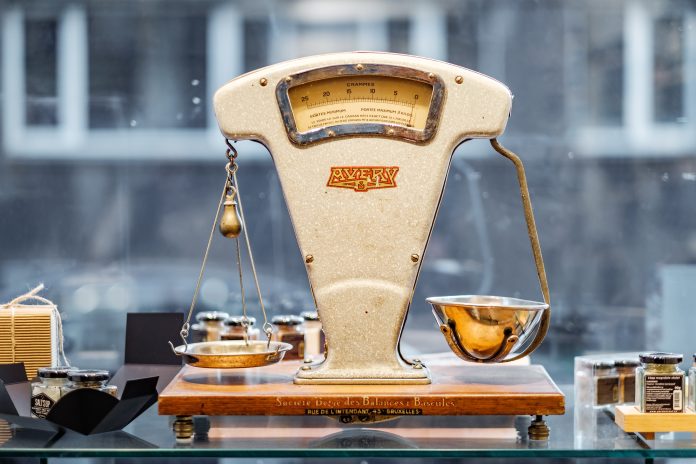LSD microdosing has recently seen a surge in support in a similar vein to microdosing psilocybin. However, despite many people promoting the benefits, there remains little scientific research on the subject.
A new study that analysed healthy volunteers who microdosed LSD has shown that while it may improve wellbeing, there is little evidence for long-term improvements in mood or cognition.
The study was conducted by the Faculty of Medical and Health Sciences at the University of Auckland.
Volunteers (who were all male) were randomly assigned groups and either received a microdose of LSD or an inactive placebo every three days for six weeks.
One of the key findings of the study is that LSD microdosing can adversely affect a person’s anxiety with four participants withdrawing from the study.
The results of the daily questionnaires though showed that “credible evidence” of improved ratings of creativity, connectedness, energy, happiness, irritability, and wellness on the days when they received the microdosed LSD compared to non-dose days.
However, the study also shows that after six weeks there is no clear change in depression, anxiety (other than affecting it adversely for the four participants who withdrew), mindfulness, and stress, which suggests there is no long-term improvement from LSD microdosing.
Previous studies have shown that microdosing LSD may induce tolerance and another has shown that there is a possibility it may cause negative effects on the heart.
The study follows research published on microdosing psilocybin which suggests the supposed benefits of doing so stem from the placebo effect rather than the drug itself.
Future studies on microdosing aim to test it within controlled settings for people who suffer from mood disorders.
Currently though, research is showing that many of the supposed benefits are not scientifically accurate. There does remain positive scientific research pertaining to macro doses of LSD, however.


